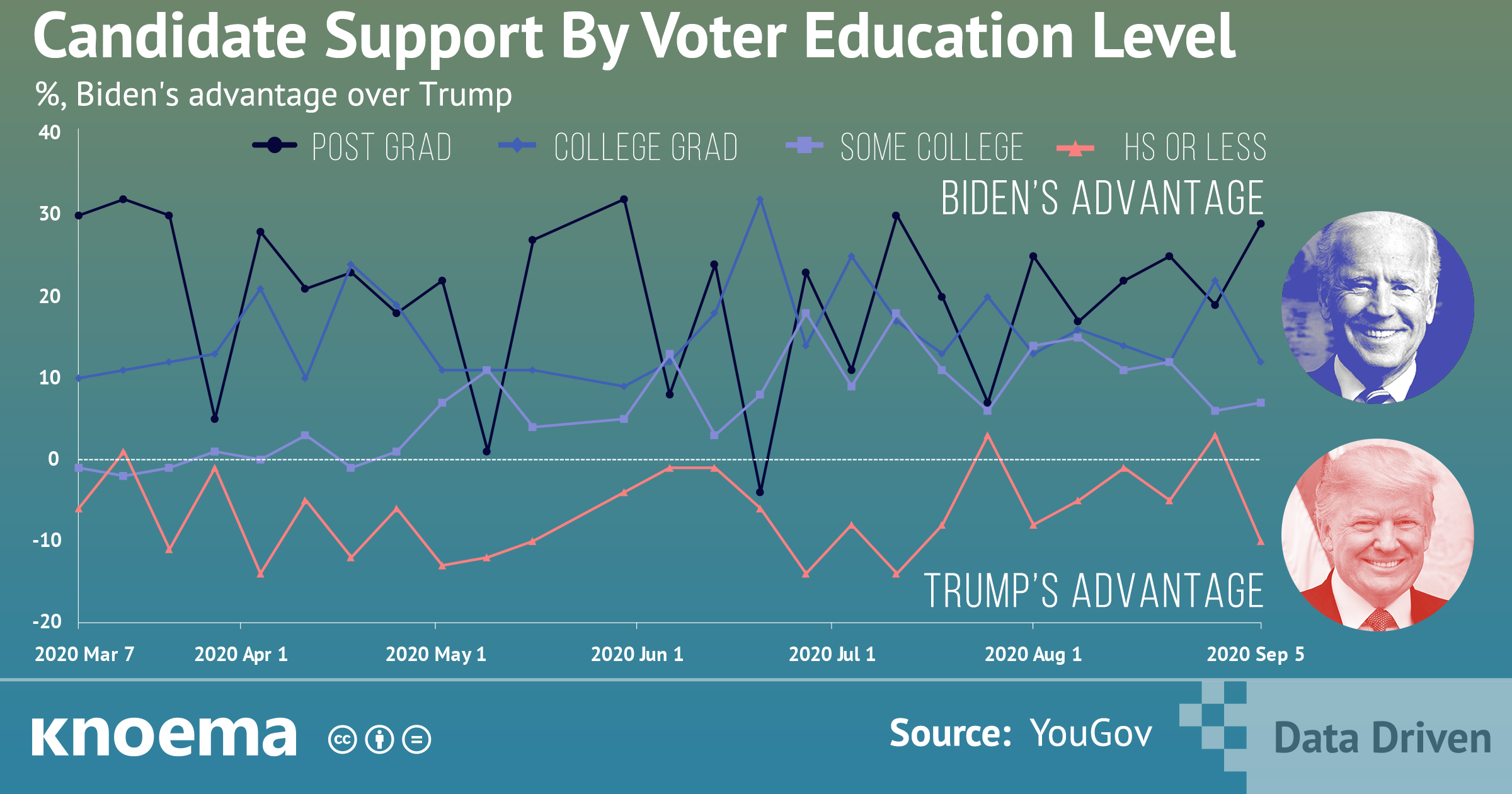Nuestra declaración de privacidad y política sobre cookies
Nuestro sitio web utiliza cookies para facilitar su experiencia en línea. Se guardaron en su computadora cuando usted lanzó este sitio web. Usted puede cambiar su configuración personal de cookies a través de la configuración de su navegador de Internet.
Política de privacidad